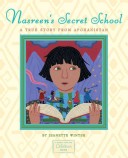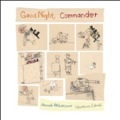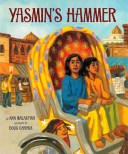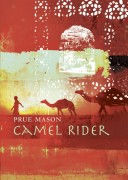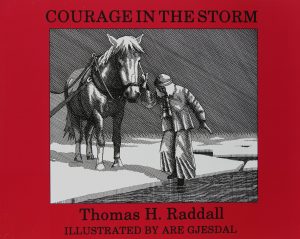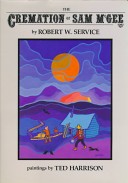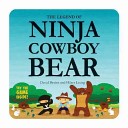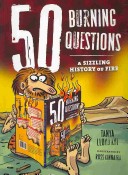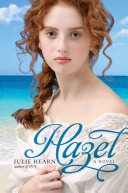
Hazel Louise Mull-Dare has a good life, but it’s so dull. With an adoring father who grants her every wish, a place in the Kensington School for the Daughters of Gentlemen, and no pressure to excel in anything whatsoever, her future looks primly predictable.But on the day of the Epsom Derby — June 4, 1913 — everything changes. A woman in a dark coat steps in front of the king’s horse, in protest at the injustice of denying women the vote. She dies days later, bringing further attention to the suffragist cause. Young Hazel is transfixed. And when her bold new friend Gloria convinces her to take on the cause, Hazel gets her first taste of rebellion.But doing so leads her into greater trouble than she could have ever imagined. Such great trouble that she is banished from London, all the way to where her family fortune originates — a sugar plantation in the Caribbean. There Hazel is forced to confront the dark secrets of her family — secrets that have festered, and a shame that lingers on.

